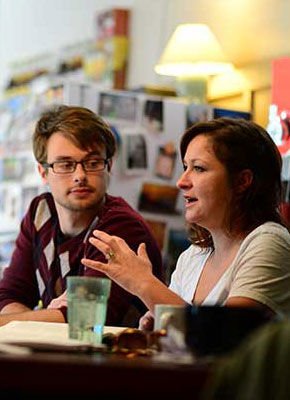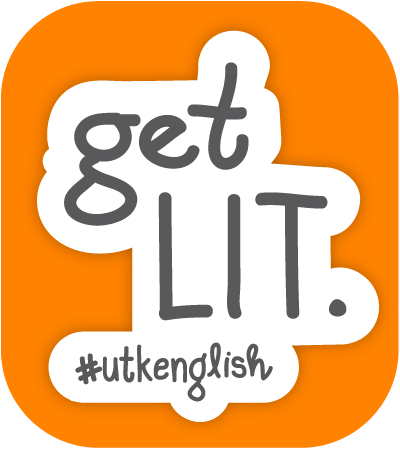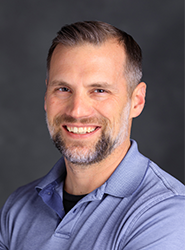UT has received the Writing Program Certificate of Excellence, a national award from the Conference on College Composition and Communication. Learn more about our First-Year Composition program and the Writing Center in our video, the Writing Program at the University of Tennessee.

First-Year Composition, a two-semester sequence of courses, is required of all UT students. In order to be useful to students of all majors and interests, these courses strive to provide tools for critical thinking, reading, and writing that are applicable to courses beyond the first year.
First-Year Composition addresses the many different ways we use language, including the new “languages” that comprise our multimedia forms of communication. Its aim is to prepare students to communicate and create new knowledge in the many different communities—academic, business, personal, and international—in which they will live and work.
First-Year Composition largely explores rhetoric: how we use language as a social tool to communicate effectively and responsibly with diverse audiences. A primary goal of English 101 and 102 is to teach students to recognize and accept responsibility for the effects their words have on others, a particularly important skill to have as people increasingly “talk” through electronic media and not face-to-face.
Students will learn how communication takes place within rhetorical situations and how it is shaped by the purpose, audience, and context in which the communication occurs. Focus is also placed on how these factors shape the inquiry of a topic, the development of research questions, and the development of well-constructed arguments.
The primary goal of First-Year Composition is not to create a body of knowledge, but to develop and refine a process of thinking with language. Because we engage in communication daily, studying our language not only helps students succeed in college and in their careers, but also it can help students become better informed, more active members of our society and our world.


